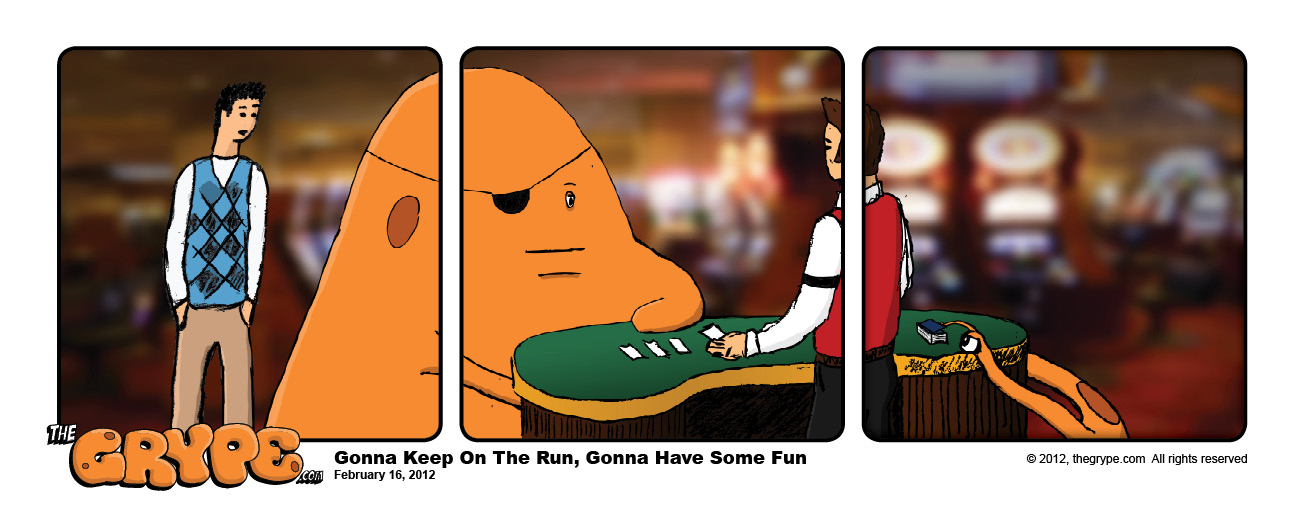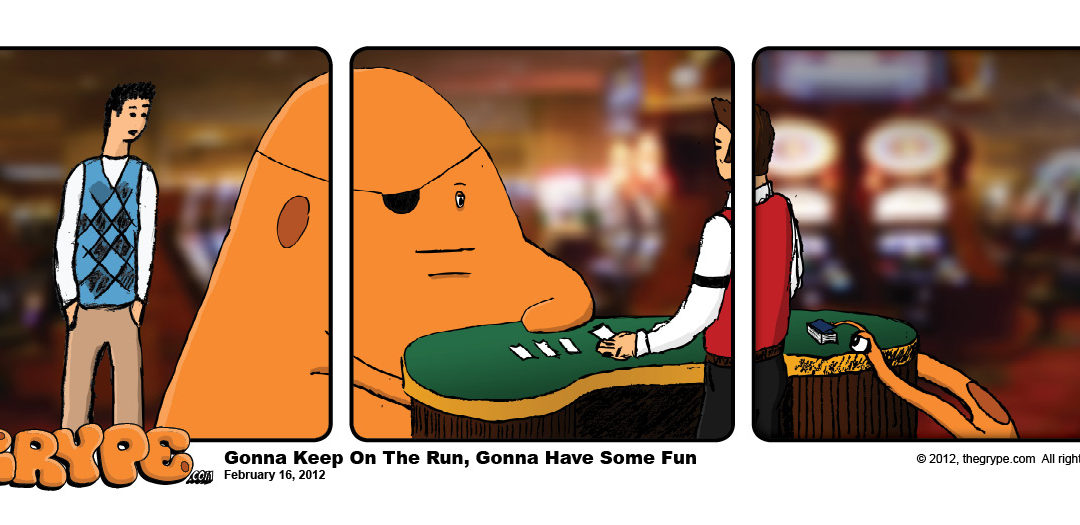 Medieval moralists railed against the sin of “usury” which is “manipulating money to make more money.” This usually breaks down into one of two categories— banking (moneylending), or corporate trading. Banking consists of acquiring money from other people, amassing big piles of it, and loaning it out a bit at a time in exchange for interest (the fee paid by borrowers for temporary use of the money) in order to make a profit.
Medieval moralists railed against the sin of “usury” which is “manipulating money to make more money.” This usually breaks down into one of two categories— banking (moneylending), or corporate trading. Banking consists of acquiring money from other people, amassing big piles of it, and loaning it out a bit at a time in exchange for interest (the fee paid by borrowers for temporary use of the money) in order to make a profit.
Moneylending works, and is a valuable financial tool… provided the practice isn’t abused. But as the Peter Principle warns us, “Anything that works will be used in progressively more challenging applications until it fails.” The temptation to re-use what has worked before— even when that new use may exceed its effective scope— is a constant of human behavior. Someone will always go too far.
A prime example is the credit card industry. Or as Admiral Ackbar might call it: “the credit card trap.”
The credit card trap is so horribly widespread that right now, at this very moment, there are huge numbers of people permanently stuck in a situation where every payment they make to the card companies results in them OWING MORE MONEY THAN BEFORE. The Obama administration recently enacted a few new regulations intended to curtail predatory behavior by the credit card companies, but at this point it’s like slapping a Band-Aid over a sucking chest wound.
How the hell did the situation get so far out of hand? Well, back in the day, there were laws in place to prevent such abuses of the U.S. banking system. Until 1978, when the Supreme Court ended previous federal usury laws, effectively abolishing interest-rate limits. Now unleashed, the credit card companies immediately spawned a massive industry that became a major source of bank profits at the expense of the consumer. Hurrah! Deregulation wins again.
Banks went crazy and began issuing zillions of cards to everybody who asked, often charging as much as 24.99% interest (or 29.9% for cash advances) and tacking on an assortment of ridiculously high fees magically hidden in the fine print.
But that’s not all bad because the card holder only has to pay back a very low percentage of their overall balance… one tiny payment a month. No problem, right? Except… once the added fees and interest are tallied, if the card holder keeps using and paying on the card over a period of years, they actually wind up paying back the entire amount purchased with the card MANY TIMES OVER.
Yep. They make you pay for the privilege of spending your own future money, today. Like those seedy “cash advance” places that charge a substantial fee in exchange for giving you the monetary equivalent of your paycheck a few days early. Or companies that offer to purchase your long-term annuity settlement and give you some cash now, for a hefty percentage of your own (future) money. It’s all usury… but credit cards are the most pernicious scam of all, because they are purposely designed to keep charging you FOREVER.
The government let all this happen because as wages and the middle-class standard of living succumbed to stagflation in the 1990’s, the economy could still maintain an unreasonable rate of temporary expansion through the artificial buying power provided by the credit card system. This created a money bubble that really didn’t exist, based as it was on spending wealth that had yet to be earned. But it fueled business. People bought tons of shit they didn’t need, because with credit cards they could buy today and pay tomorrow.
By 2005 it was obvious a crash was coming, so the government tried to intervene by “encouraging” credit card companies to raise their minimum payments to an amount that would actually pay off the debt in the card holder’s lifetime. But the card companies weren’t legally required to do so. Ironically, card holders themselves bitched the loudest at the attempt, raging against the government for trying to raise minimum rates. Apparently they felt it is better to pay a little at a time for the rest of your life (in return for nothing) than to pay a bit more and not have to pay anything at all once the cycle is broken.
Today the average American credit card holder owes $10,679 on their cards. 80% of American families have at least one credit card. When combined, they owe around a trillion dollars. But they will actually pay back almost 1 QUADRILLION dollars. And no, that is not an invented figure. Look it up.
Bottom line? If you have a credit card, always pay more than the minimum. Credit card debt is the Vietnam of finance, littered with ambushes and bristling with booby traps. Be smart. Suck it up, pay it off, and hop the next chopper out of that jungle.

